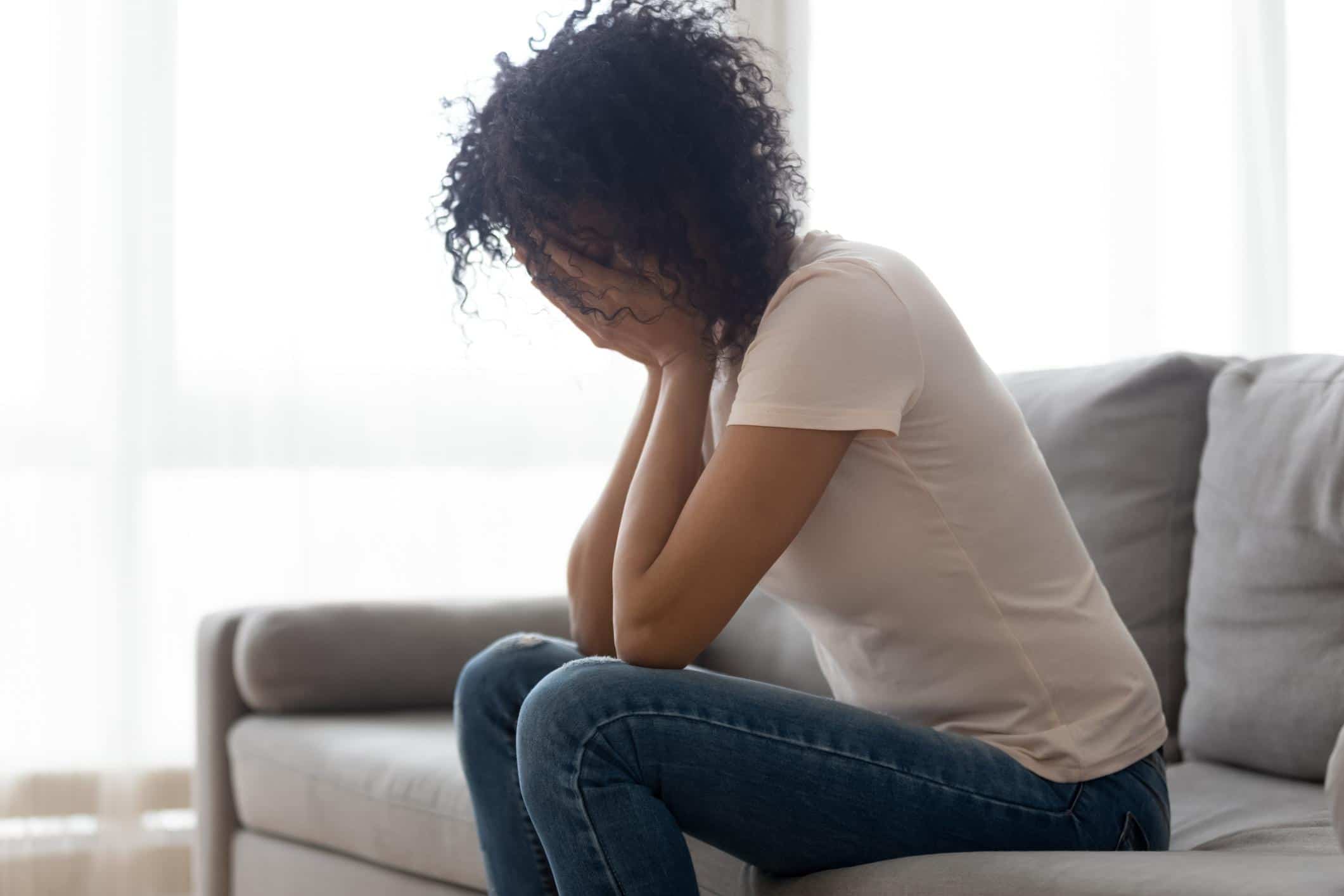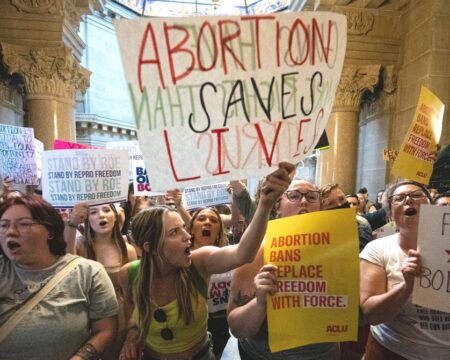What overturning Roe v. Wade could mean for women who experience miscarriage and pregnancy loss
Roe v. Wade is about more than just abortion. It is about reproductive rights. It is about health care for women.

@JulieK/Twenty20
A version of this story was originally published on May 19, 2022. It has been updated.
On my path to motherhood, I experienced miscarriages. Plural. And I am not ashamed to talk openly about it. It is more common than people think, but it is also individually heartbreaking. To be honest, I did not know that much about what happens after a miscarriage until I experienced it myself. One of my losses was around eight weeks pregnant, and the doctor called it a “missed miscarriage”. This meant that although the baby was no longer viable, my body would not let go of it on its own. There was no heartbeat, but I also had not miscarried the baby yet. My pregnancy hormones were still very high, and my body really wanted to believe it was still pregnant.
That was extremely confusing and heartbreaking. I wanted this baby so desperately, but I also needed to physically heal so that I could let myself emotionally start to grieve. About a week after we found out, I started to bleed heavily. So heavily that I literally had to sit in the bathroom for hours as blood poured out. It was so dangerous for me that when I saw my doctor the following morning, he said that I needed to have a D&C—a dilation and curettage—as soon as possible. He said I was losing too much blood, but that my body was still holding on to the embryo. I needed surgery to help my body miscarry.
Related: This is why I posted about my miscarriage on Instagram
This might sound strange to some people, but this is the reality for many others too. Even if someone experiences pregnancy loss, their body does not always do it on its own. Some need medications, but many times surgery is necessary. Ironically, it is the same surgery used for abortions. Yes, the reasons are different—but it is the same surgery. The same surgery that the Supreme Court is leaving up to the states. The same surgery that will be banned immediately in at least 13 states now that Roe v. Wade is overturned (though some of these states do have exceptions for the procedure if the life or health of the woman is in danger).
People do not always realize that the surgery commonly used for abortions is also used for other reasons.
This is terrifying. This decision has serious implications that are very dangerous for many women.
“When abortion is banned, all reproductive healthcare suffers because providers are chilled in providing care because they are afraid—this could impact miscarriage management even where there is no fetal cardiac activity and even in emergencies,” says Rabia Muqaddam, senior staff attorney at the Center for Reproductive Rights. “It is unclear under most ‘trigger bans’ what conditions would even qualify for life and health exceptions because they are exceedingly narrow.”
Banning this surgery and restricting access to women’s medical care is unacceptable. If I had experienced that miscarriage in a state that banned these surgeries, I may not have had the ability to access the care I needed. I was bleeding and hemorrhaging, and my life would have been in serious danger without the surgery. I needed it to survive.
“It’s also important to note that if a state bans abortion, the clinics in that state will close. So even patients who do meet exceptions will likely have to travel out of state,” notes Muqaddam.
If the surgery had been illegal when I had a miscarriage, my situation might have looked very different. I might have had to experience the physical torture of my miscarriage for an extended period of time. I might have had to make impossible choices. I might have had to try to seek out the surgery elsewhere, or illegally. I might have risked jail time. If I could prove I needed the surgery, it would have been mental and physical torture as I waited for the state to approve my case. I might have continued to bleed, and risked losing my own life. I might not have been able to grieve my loss. I might have been stuck in an impossible cycle. I would have been terrified. I am terrified for all of the women that will likely be in this position very soon.
Roe v. Wade is about more than just abortion. It is about reproductive rights. It is about health care for women.
People do not always realize that the surgery commonly used for abortions is also used for other reasons. I had to have one with one of my miscarriages, but I also had to have the same surgery this year after the birth of my son. I had retained tissue and had developed a fibroid. I was seven weeks postpartum, and my body had not healed on its own. I cannot imagine facing jail time or having to prove that I had a miscarriage or gave birth to a healthy child, just to have a surgery I needed. Though the indication for the surgery is different, banning abortion has direct effects on other aspects of women’s healthcare.
Related: U.S. Supreme Court overturns Roe v. Wade—what happens now?
“It’s important to remember that abortion training is reproductive healthcare training, and more and more providers may never even learn how to manage a miscarriage. After Roe, it could be that you end up in a hospital where not a single clinician can or will perform a D&C regardless of your circumstances,” says Muqaddam.
Roe v. Wade is about more than just abortion. It is about reproductive rights. It is about health care for women. It is about women’s rights. It is about women’s choices. It is about women making decisions about their own bodies. It is about life-saving procedures. It is about options. The implications of taking it away are terrifying. Ignoring the life and health of mothers is unacceptable.
A version of this story was published on May 19, 2022. It has been updated.
Featured expert
Rabia Muqaddam is the senior staff attorney for the Center for Reproductive Rights.


